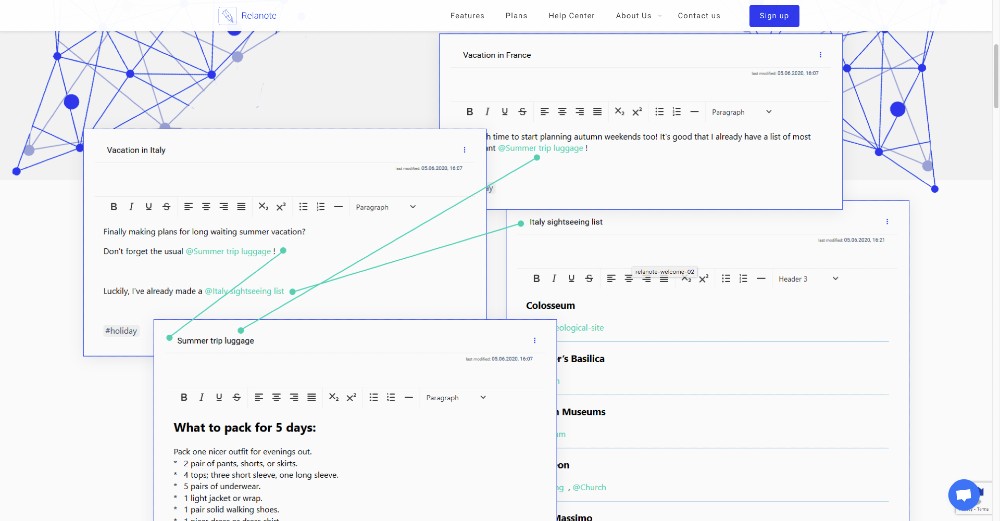Many of the major hedge funds, private equity firms, and Wall Street investment banks that contributed to the housing market crash of the late 2000s, are now reaping a profit from purchasing foreclosed or soon-to-foreclose single-family homes. Through syndicate ownership of housing properties, many large private equity firms like Blackstone Group and Lone Star Funds have made enormous investments in the single-family housing market.
![]()
In turn, these houses are rented out to families who often suffer serious negative results including increasing rent prices, poor house maintenance and management, leases that highly favor the management company, and even management companies that have sketchy track records with recording and applying tenant rental payments.
Rent is going up, up, up
Blackstone’s subsidiary company, Invitation Homes, has been documented as having charged up to 180 percent of the fair market rent in a given city. Over the next decade, we can anticipate rent to increase by 3 percent annually, but rise even higher in areas where Wall Street controls the housing market.
Wall Street reaping the benefits
These conditions wouldn’t be so terrible if renters could look elsewhere for housing, but the market has become dominated by these major institutional investors and it’s not easy to find a good alternative. In fact, of the 150,000 distressed single-family properties and mortgage loans auctioned of by HUD and FHFA in the last few years, less than 2 percent went to nonprofit buyers. The remaining 98 percent went to Wall Street companies, and America’s home ownership rate dipped from 69.1 percent to 63.1 percent in the second quarter of 2015.
If HUD and FHFA continue their process of auctioning foreclosures to the highest bidder, we are in danger of depleting the number of affordable owner-occupied housing options and lowering our standard of living, all while Wall Street benefits from selling to the same people they displaced in the market crash.
The silver lining
While Wall Street investors seek to exploit their tenants and continue profiting, community development financial institutions (CDFIs) aim to purchase large inventories of properties on the brick of foreclosure, and convert them to affordable housing options. CDFIs raise funds through both public and private sources and work with local governments and neighborhood organizations to provide financial services to communities in need.
As discontent with the market spreads, mayors, senators, and community leaders are appealing to HUD and FHFA in an attempt to even out the playing field for nonprofits hoping to bid on distressed properties. Rather than the current auction process, which sells foreclosures to the highest bidder, housing advocates ask that HUD and FHFA consider processes that favor nonprofits, either by giving them the chance to bid before big investment firms, or by establishing a system that gives credit to bidders with neighborhood stabilization programs.
#HedgeFunds
Hannah is currently a writer and student in Colorado Springs, pursuing her master's degree in Creative Writing at the University of Denver. Before becoming a Staff Writer for the American Genius, Hannah wrote website content and grant applications for a law office in central Minnesota.














































